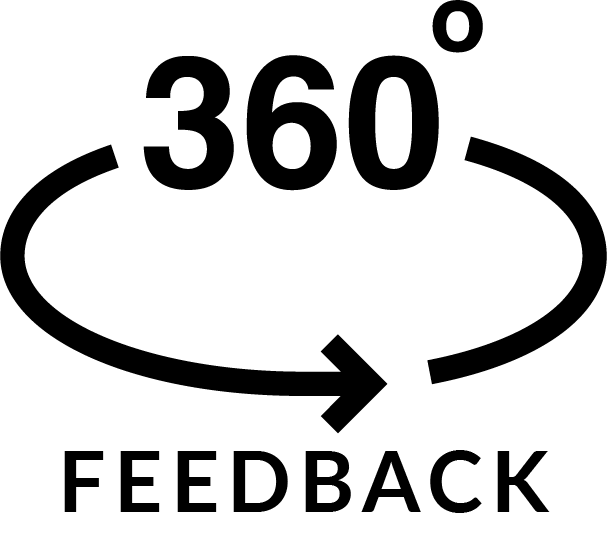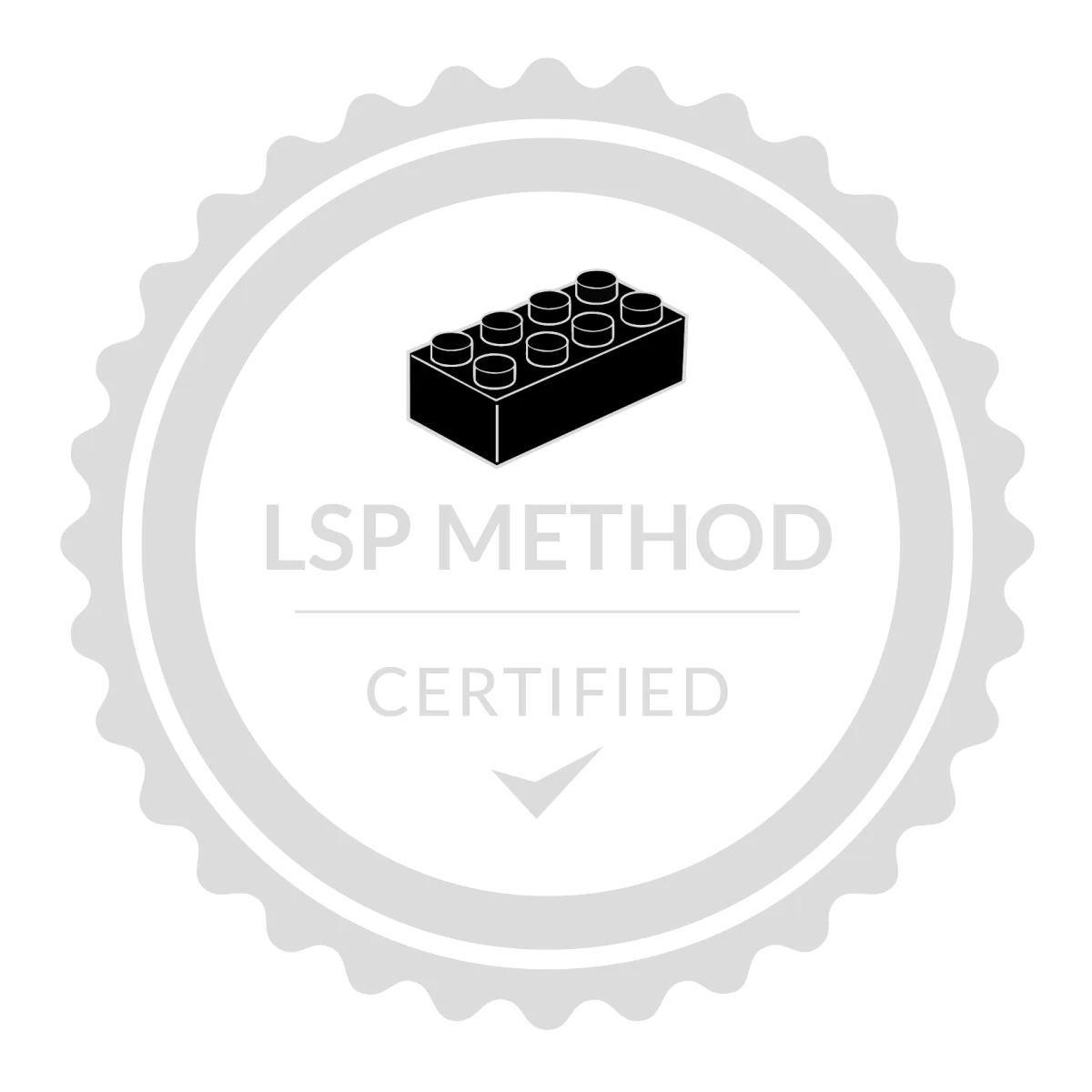Assessments



StrengthsFinder
Intercultural Development Inventory
Myers-Briggs Type Indicator
It is an online personality-assessment tool that focuses on 34 themes that make up the user's personality.
The results of the test are intended to help individuals understand their unique strengths and how they can use them to achieve their goals and improve their performance. The test is widely used when assessing candidates or considering employees for internal promotions.
A premier cross-cultural assessment of intercultural competence that is used by thousands of individuals and organizations to build intercultural competence to achieve international and domestic diversity and inclusion goals and outcomes.
In contrast to many “personal characteristic” instruments, the IDI is a cross-culturally valid, reliable, and generalizable measure of intercultural competence along the validated intercultural development continuum.
This is an introspective self-report questionnaire indicating differing psychological preferences in how people perceive the world and make decisions. Despite its popularity, it has been widely regarded as pseudoscience by the scientific community.
The test attempts to assign a value to each of four categories: introversion or extraversion, sensing or intuition, thinking or feeling, and judging or perceiving. One letter from each category is taken to produce a four-letter test result, such as "INTJ" or "ESFP".


Intercultural Conflict Style Inventory
360 Feedback
A cross-culturally valid assessment tool for identifying core approaches to improving communication, resolving conflicts and solving problems across cultural differences.
This assessment is an 18-item questionnaire that is easy to use, cross-culturally validated assessment of an individual’s approach to communicating, resolving conflicts and solving problems.
A comprehensive feedback mechanism used to gather insights from various perspectives about an individual's performance. We solicit feedback from multiple sources including peers, direct reports, supervisors, and sometimes even external stakeholders.
This holistic approach aims to provide a more comprehensive and well-rounded assessment of strengths, weaknesses, and areas for improvement. This is a powerful tool for personal and professional development as it offers individuals a broader perspective on their performance, identifies blind spots they may not be aware of, and highlights areas where they can focus on improvement.





